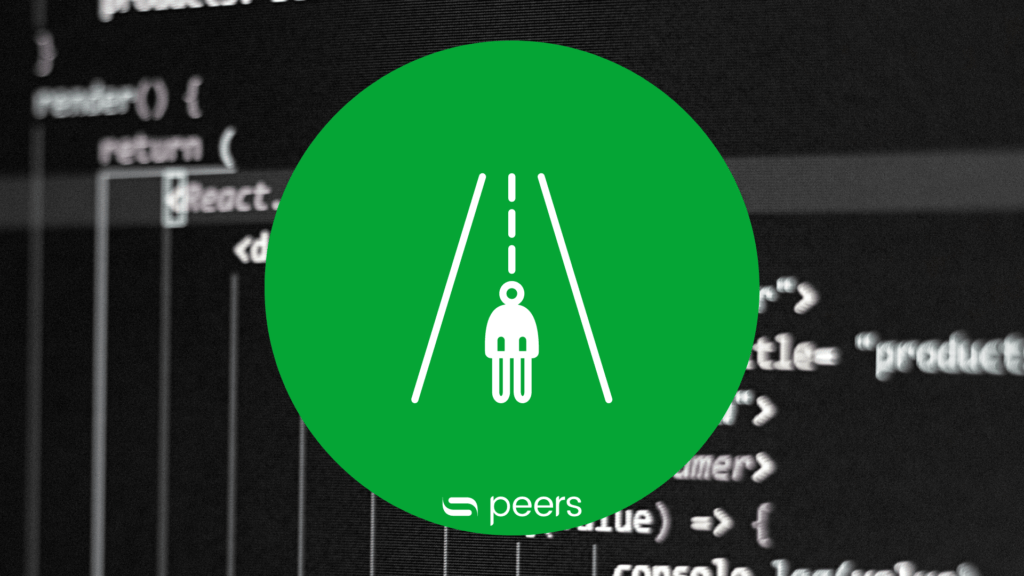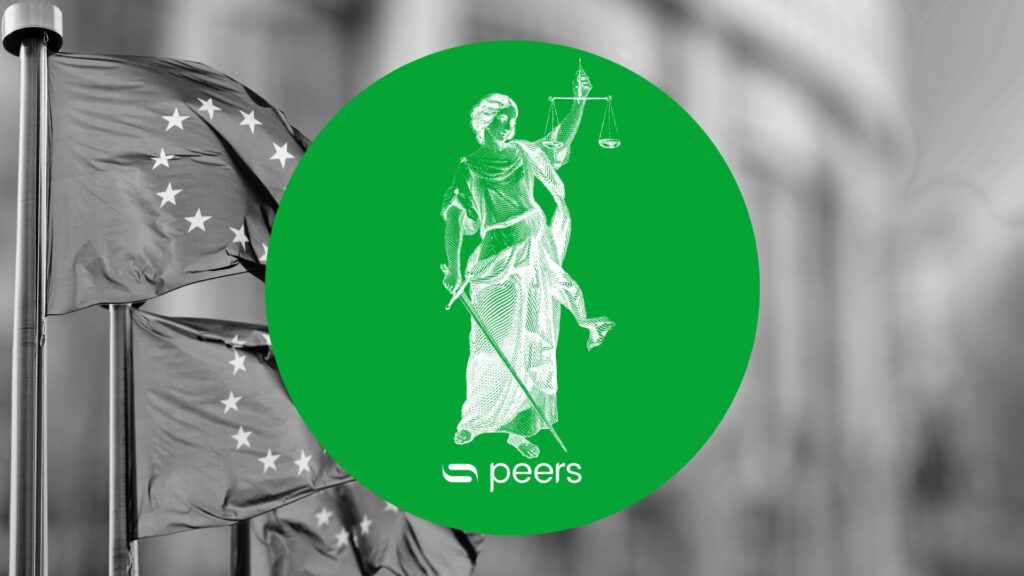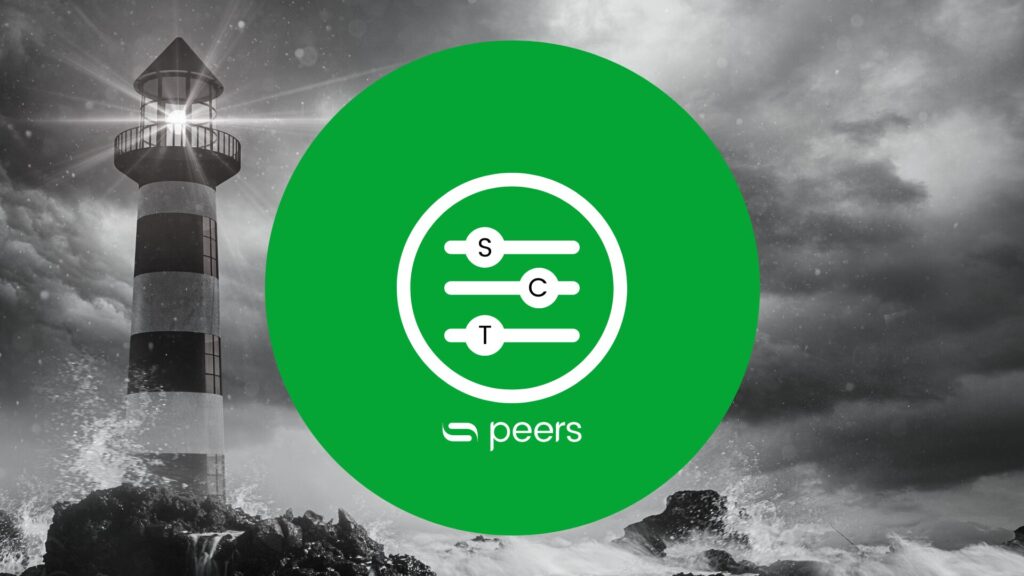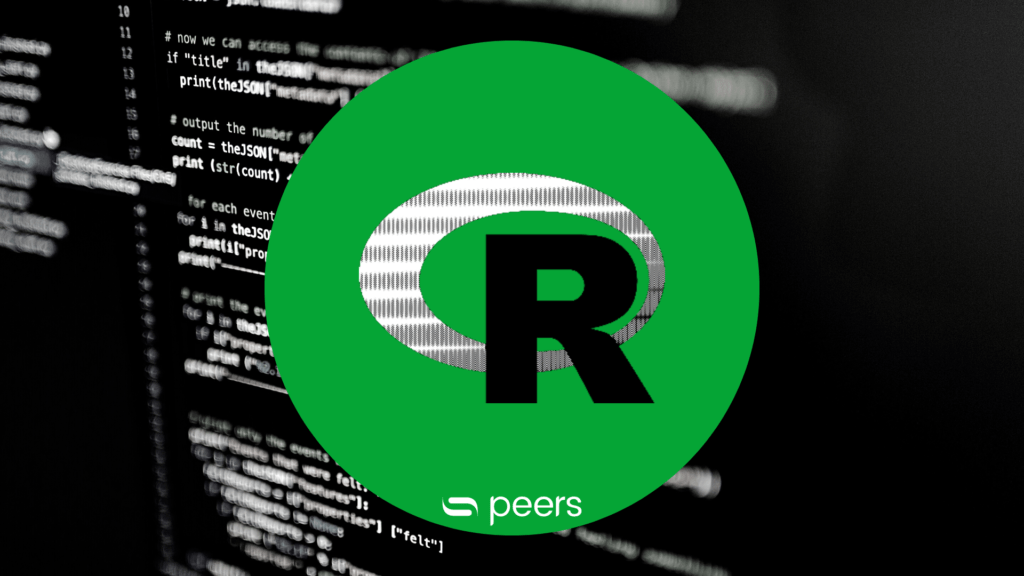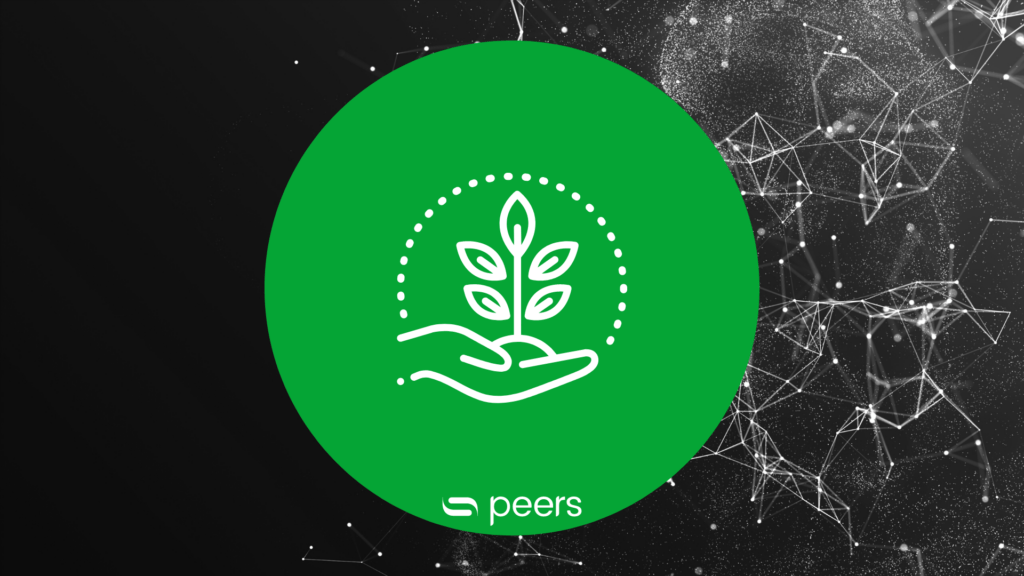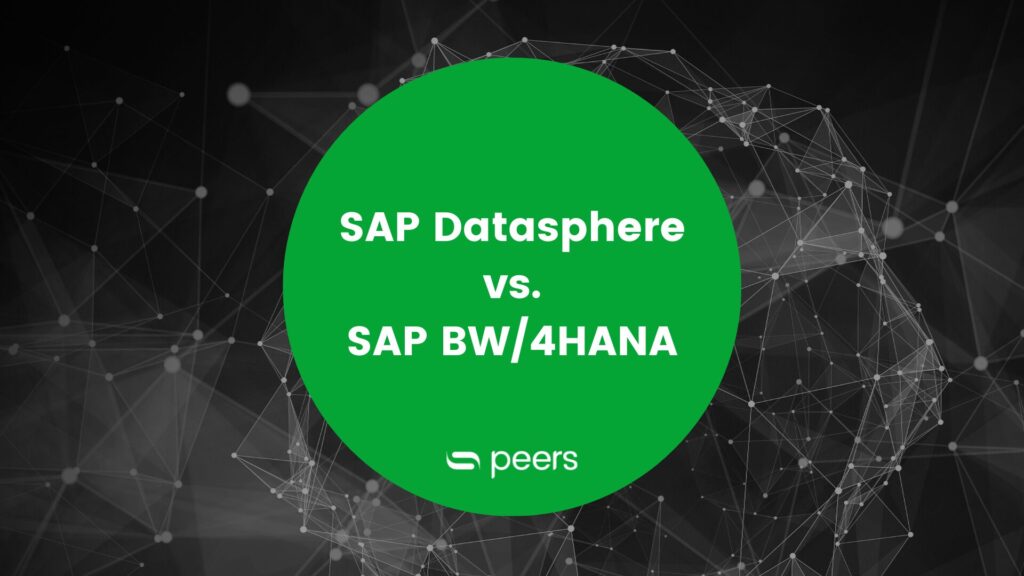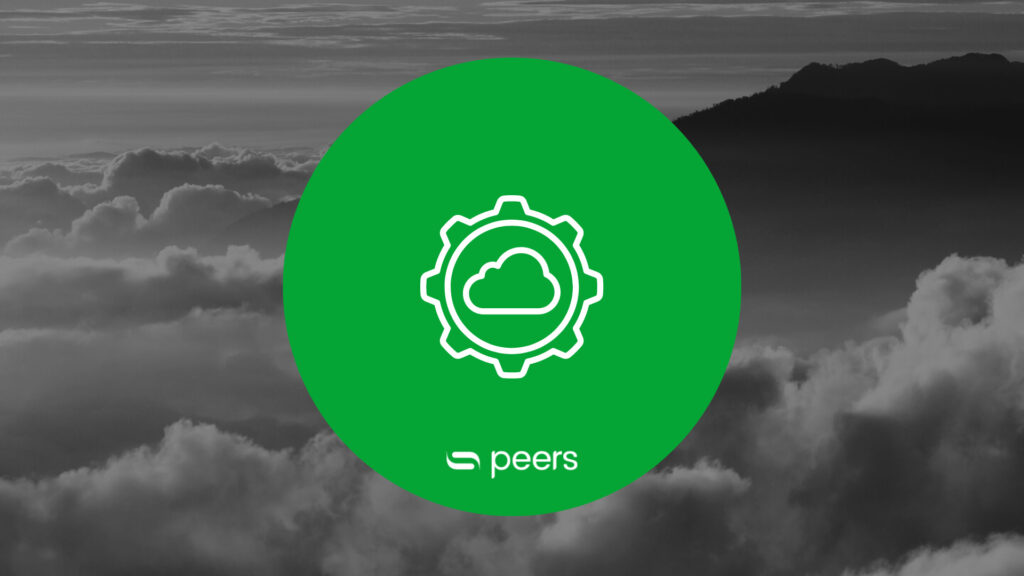Google BigQuery: The most important basics
- Data warehousing, Google Analytics
- Data warehousing, google, Google BigQuery, sap
- 3 min reading time

Christian Blessing
With BigQuery, Google is selling a warehousing tool that is supposed to be able to replace established systems. The following knowledge article explains which concrete advantages Google BigQuery offers, how data processing works with it and how the combination with SAP products can work.
An introduction to Google BigQuery
Are you considering migrating your data warehouse to Google BigQuery? Here are answers to the most important questions that come up during the decision-making process.
What exactly is Google BigQuery?
BigQuery is a cloud-based data warehouse managed by Google that can be used to query terabytes of data in seconds. BigQuery can be used to streamline SQL analysis, merge datasets from multiple sources, and analyze large datasets quickly and easily.
How does Google BigQuery work?
BigQuery works by streaming input data into temporary tables in memory. The tables are then queried using the SQL language, and the results are then returned to the user. This process allows for very fast data processing speeds.
How much does BigQuery cost?
The pricing model for BigQuery is based on usage-based payment. This consists of data volume to be stored (storage prices) on the one hand, and query volume (analysis prices) on the other. For customers, the first 1 TB of processed data per month and the first 10 GB of storage are free. After that, the costs amount to approx. 0.02 CHF per stored GB and approx. 5 CHF per analyzed 1 TB. In addition, there is the possibility of flat-rate pricing, i.e. to purchase fixed reserved slots (=virtual CPUs). This offers e.g. companies with high data volumes increased price security and can be combined with the on-demand pricing models.
Which SQL dialect does BigQuery use?
The so-called Google Standard Dialect, but Legacy SQL is also supported (primarily for backwards compatibility).
Where is the data stored in BigQuery?
BigQuery is available in numerous regions(see here) - including Zurich (europe-west6). Consequently, all data remains in Switzerland.
What are the main advantages of BigQuery?
Google BigQuery offers several advantages over traditional solutions, including speed, scalability, and integration with ML & BI.
Speed
Big Data brings great challenges - especially when it comes to analyzing this data and transforming it. Traditional solutions require time-consuming ETL processes (= Extract, Transform, Load) to move and prepare the data before analysis. With Google BigQuery, no pre-processing is required. So the advantage is that any data set can be queried in seconds. The transformation itself takes place directly in BigQuery. As a result, BI (Business Intelligence) cycles become lightning fast, so insights can be gained in less time.
Scalability
As a business grows, so does the need for more powerful analytics tools capable of processing ever-increasing amounts of data. BigQuery is a data warehouse service fully managed by Google. This means that business owners don't have to worry about provisioning resources or managing infrastructure. In this regard, BigQuery's architecture provides a clear separation between storage and computing (i.e. computations/transformations). This enables separate (automatic) scaling of both storage and computing depending on the use case. Since BigQuery supports parallel processing, it can scale almost infinitely in the short term.
Integration with ML & BI
As a central component of the data infrastructure of the Google Cloud, BigQuery is optimally integrated into the GCP system landscape. For example, machine learning models can be set up directly in BigQuery via BigQuery ML and processed further by other Google services such as Vertex AI.
Combination of Google Cloud BigQuery and SAP solutions
SAP Analytics Cloud is a cloud-based business intelligence tool that enables the creation of interactive reports and dashboards from specific data. It integrates with both SAP and non-SAP systems, facilitating insight into key business processes. For example, Google BigQuery can be easily integrated into a SAC reporting landscape, or reports and dashboards can be created based on BigQuery data in SAC.
Conclusion
Google BigQuery impresses above all with its fast processing and preparation of large amounts of data. Tedious and time-consuming ETL processes are thus a thing of the past. Due to the dynamic structure, the tool is flexibly scalable, just as the costs can be billed dynamically. Especially in connection with other products of the Google Cloud Platform (GCP), the use of Google BigQuery can offer a decisive advantage.
Do you still have questions or are you interested in introducing Google Analytics in your company? Then we look forward to a personal exchange. Simply get in touch with us!

Published by:

Christian Blessing
Senior Analytics Consultant

Christian Blessing
How did you like the article?
How helpful was this post?
Click on a star to rate!
Average rating 4.9 / 5.
Number of ratings: 10
No votes so far! Be the first person to rate this post!

